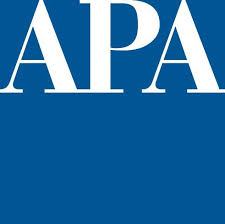FTC, nine states seek to block US Foods merger with Sysco

BPC Staff Feb 20, 2015 | 8:54 pm
1 min read time
320 wordsAg and Environment, All Latest News, Retail and BusinessIowa Attorney General Tom Miller and a bipartisan group of state attorneys general on Thursday joined the Federal Trade Commission’s administrative complaint challenging a proposed merger between food distribution giants Sysco Corp. and US Foods Inc.
“We allege this merger would violate antitrust laws by significantly reducing food distribution competition across the country, and particularly in western Iowa,” Miller said. “The result would be higher prices for Iowa consumers who eat away from home, and higher costs for Iowa restaurants, school districts, hospitals and hotels.”
The U.S. government filed the lawsuit on Thursday seeking to block the merger of the nation’s two largest food distributors, which said they will fight the FTC action. Attorneys general from nine states including Iowa, plus the District of Columbia, signed onto the complaint.
Sysco and US Foods unveiled their $3.5 billion deal in December 2013. It was controversial because they are only two companies in their industry able to offer truly nationwide contracts to deliver food and other supplies to customers like hotel chains, hospitals and fast food restaurants.
The complaint alleges that if the merger goes forward as proposed, food service customers, including restaurants, hospitals, hotels, and schools, would likely face higher prices and diminished service than would be the case but for the merger. The merger would affect the broadline food distribution industry nationwide, and would significantly reduce competition in 32 local markets, including the Omaha-Council Bluffs market.
In an opinion piece in Forbes, a contributor from the Competitive Enterprise Institute wrote that the FTC’s action would actually be anticompetitive, because it would deny consumers the benefits of the competitive response to the transaction.
“Mergers don’t always work out of course; ask AOL-TimeWarner,” said Clyde Wayne Crews Jr., policy director of the Competitive Enterprise Institute. “But when government forcibly blocks free enterprise between consenting adults, the beneficiaries are competitors, not consumers they claim to represent.”










